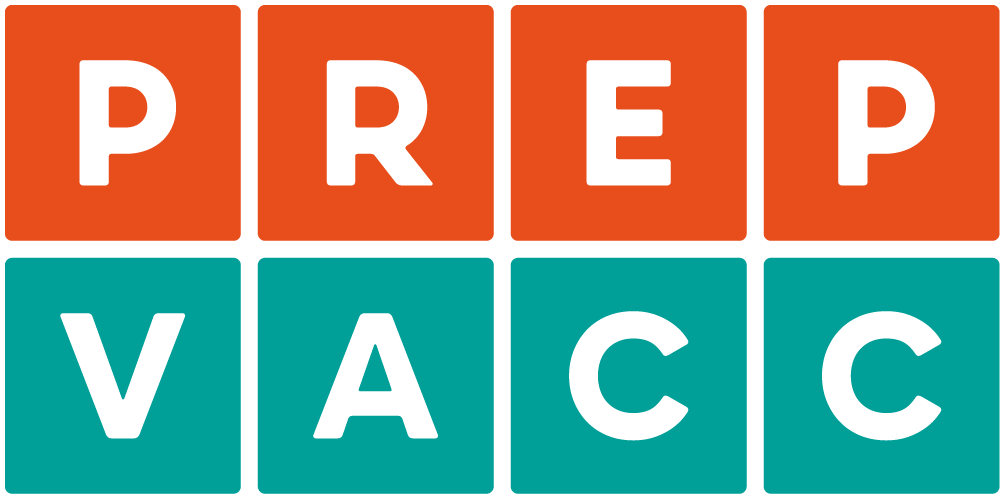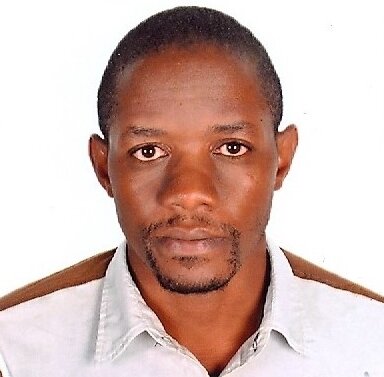HIV R4P Virtual: Changes in risky sexual behaviour among adult men and women in an HIV vaccine preparedness study in south-western Uganda
Jonathan Kitonsa, MRC/UVRI and LSHTM Uganda Research Unit
Dr Jonathan Kitonsa is a public health expert and medical researcher currently working at the MRC/UVRI & LSHTM Uganda Research Unit.
He has significant experience in managing HIV and working with key populations and works across all stages of research from study design through to the communication and dissemination of results. He is passionate about infectious diseases and vaccinology.
Jonathan’s paper is published at the conference HIV R4P Virtual, taking place between 27 January and 5 February 2021. Below he shares a Q&A on his key findings from this research, which is based on the PrEPVacc study:
“Our findings suggest that counselling may have a role in reducing HIV risk especially if individuals at high risk are targeted and that counselling is targeted to their individual needs”
What are the main messages of your presentation?
We observed that regular risk reduction counselling among people at high risk of HIV acquisition can contribute to reduction in their HIV high risk behaviour and indirectly reduce the incidence of HIV infection. We also found that starting people on pre-exposure prophylaxis reduces the likelihood that they will engage in HIV high risk behaviour.
What evidence did you gather and what insights have you drawn from it?
We measured the prevalence of high risk behaviour in our cohort of people at high risk of HIV acquisition at the start and then one year later. Some of those we followed who initiated PrEP within this period. We defined high risk behaviours as including: unprotected sex with ≥3 partners in the last 3 months; transactional sex in the last 3 months; sex when drunk; ≥6 sexual partners in the last 3 months.
While we were providing counselling we found that our cohort said that they engaged in less of these behaviours. The biggest differences in prevalence of high risk behaviours were among participants who started PrEP.
Were the findings expected?
Previous findings from the US Centre for Disease Control suggested that counselling in health care settings may not have an effect on HIV risk. Our findings suggest that counselling may have a role in reducing HIV risk especially if individuals at high risk are targeted and that counselling is targeted to their individual needs. Our results also suggest that if people initiate PrEP then they do not then become more likely to engage in risky behaviour.
What will you do next following this particular piece of research?
We hope to have these results published and disseminated to stakeholders including the Ugandan ministry of health and HIV prevention programs in the country.
Is there anyone you’d like to thank/acknowledge in relation to this work?
We thank all participants in the PrEPVAcc study in Uganda whose data was used in this analysis, the PrEPVAcc study team at the MRC/UVRI & LSHTM Uganda Research Unit in Masaka, and EDCTP for funding the study.

